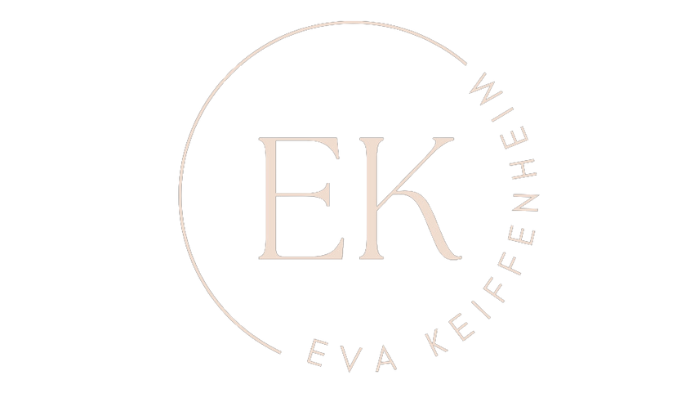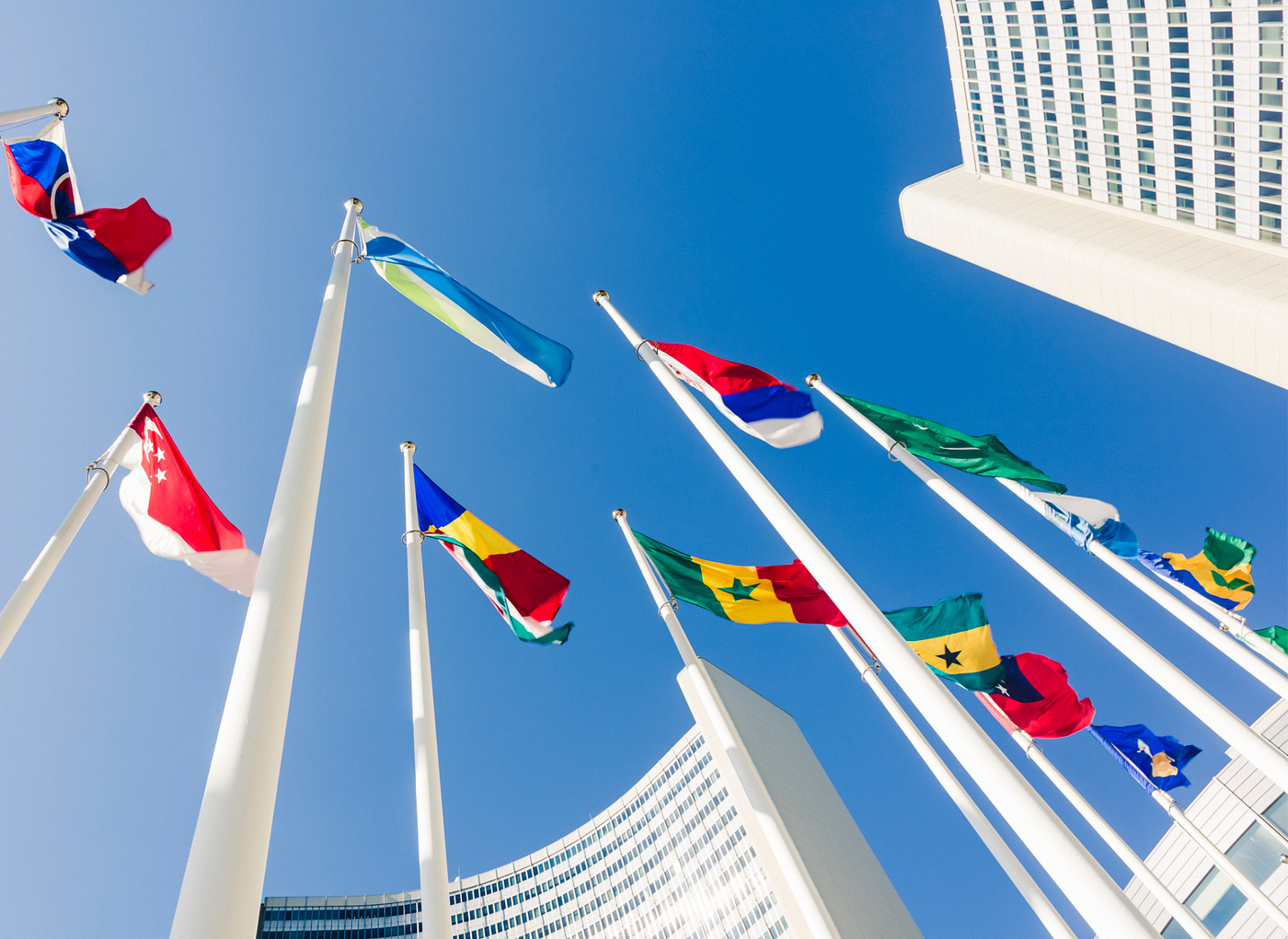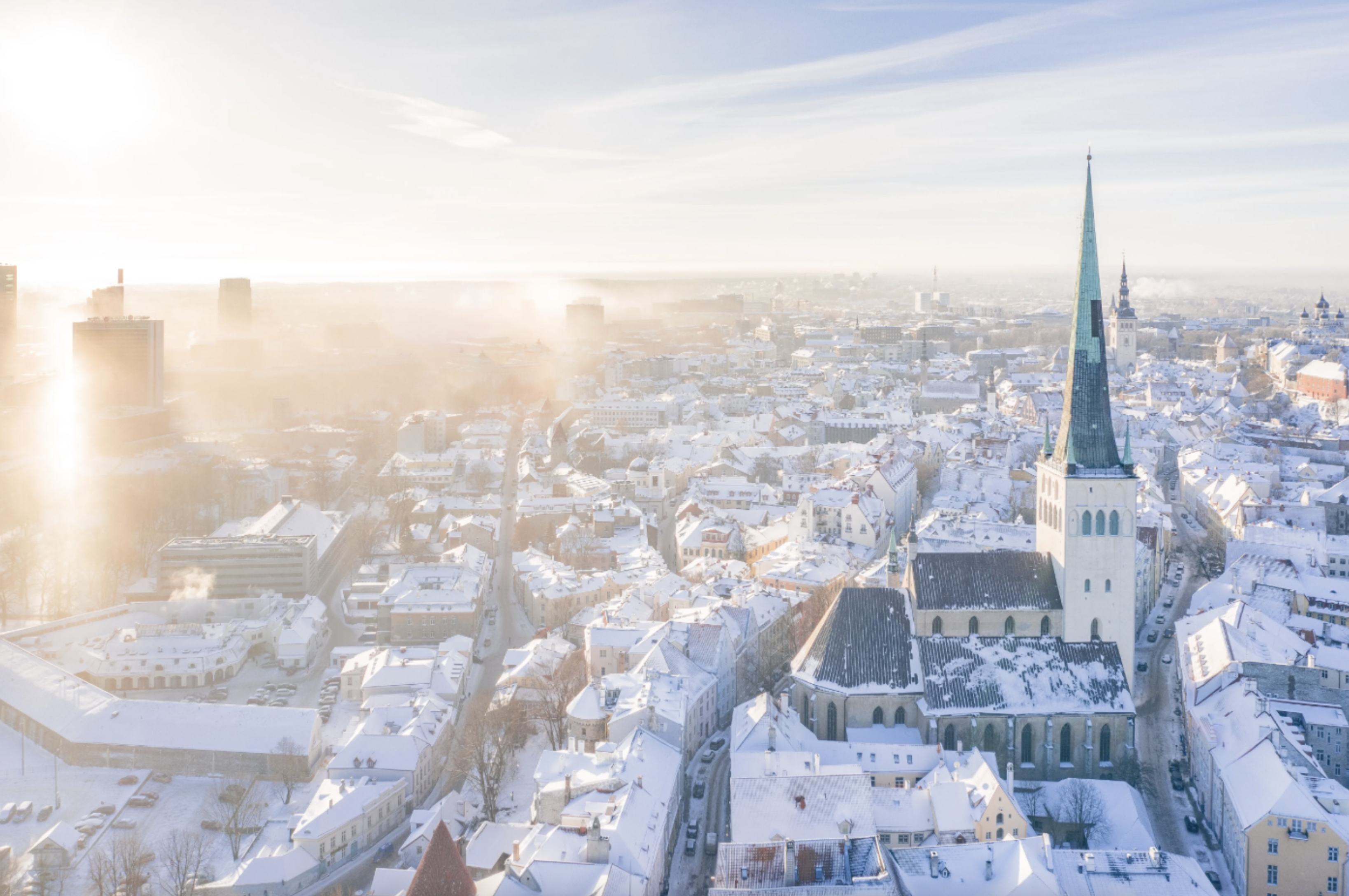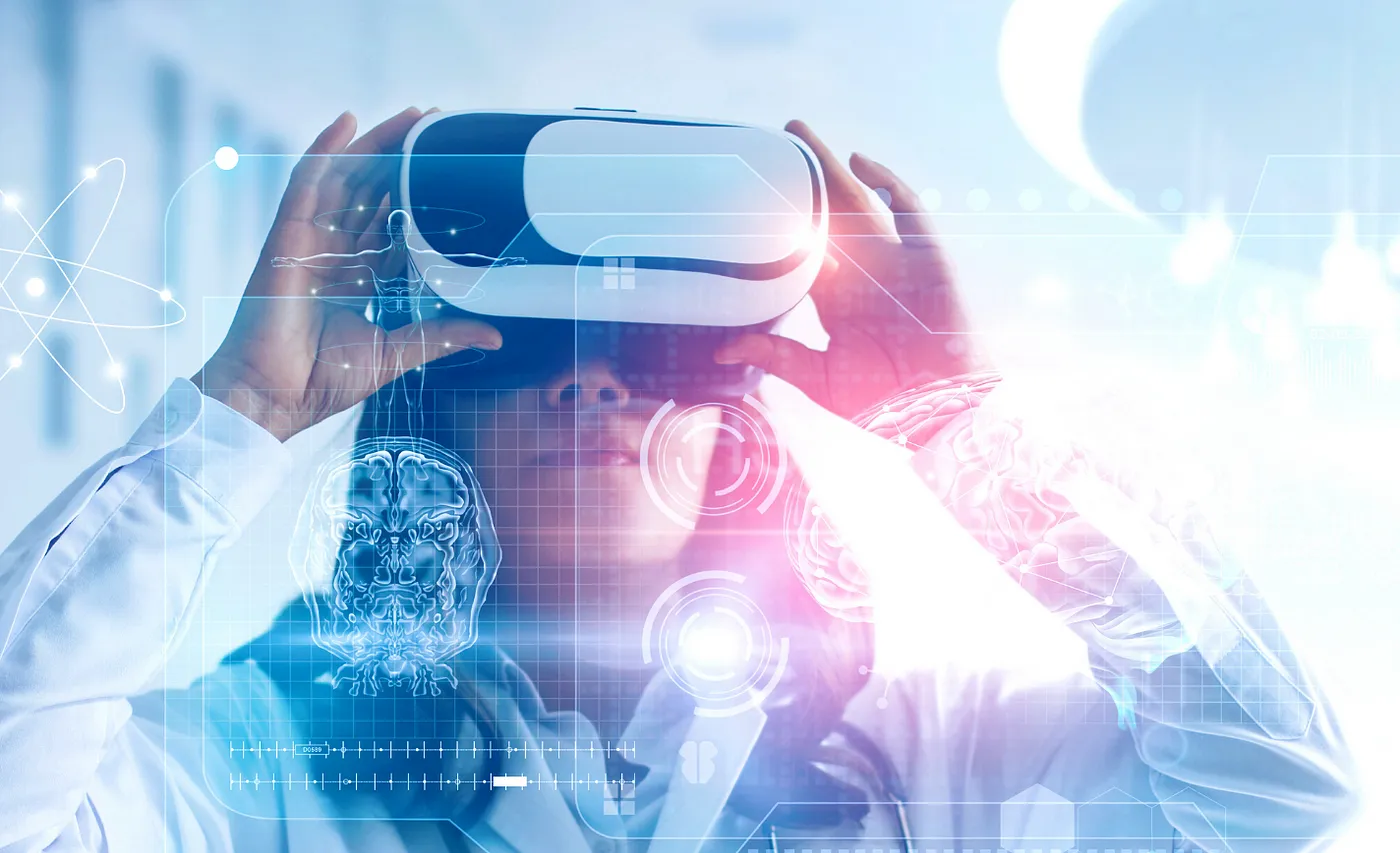Building Better Futures for All Children through Learning Ecosystems
A brief guide to find your leading role in creating the change you wish to see in this world. What if the answer to our global challenges lies not only in grand political movements but also in the changes in what we learn and teach? Education, often seen as a preparation for the future, is more than that — it's the creation of our future. What happens in today's classrooms reflects the world of tomorrow. To ensure the well-being of all
How 9 of the World’s Most Innovative Schools Ignite Children’s Love for Learning
And equip the next generation to become changemakers. As a teacher, I witnessed how most children lose their love for learning with every additional year of schooling. Many schools still operate on a purpose from a century ago — mass education to produce a conforming workforce. So we batch students by age group, expect them to sit quietly for hours a day, follow the rules, and do context-switching between silo-based subjects. But what if we reimagined schools?
3 Things I Learned About Education at the United Nations in New York
Can this once-in-a-generation event transform education systems? We’re in a global learning crisis that had worsened even before the pandemic. In 2015, 53 per cent of all children in low- and middle-income countries suffered from learning poverty, unable to understand a simple written text by age 10. In 2019, global learning poverty rose to 57 per cent. For 2022, experts project 70 per cent of all 10-year-old children can’t understand a simple written text. Learning Poverty Globally and by Region. (Source: The State of
A Comprehensive Metaverse x Learning Guide For Curious But Busy People
Research-based predictions for a soon-to-be reality. Have you ever wondered how the metaverse might shape the future of education and learning? Trying to find answers can be frustrating. While there’s much writing on the metaverse, most of it lacks substance. Unless you’ve got time for thorough research, finding no-fluff scenarios is a challenge. But don’t worry, I’ve got you. As a teacher-turned-writer, I have the time to follow metaverse rabbit holes so that you don’t have to. In
3 Things I Learned from the Country with Europe’s Best Schools
You’ll marvel at Estonia’s education system. “At our schools, we don’t have homework,” 11-year old Ulvar told me during a school visit to Tallinn. I chuckled. Estonian students outperform all other European countries in PISA results — by not having homework? Ulvar wasn’t joking. Compared to other PISA participating countries, Estonian students have short school days and spend little time on homework or 1-on-1 tutoring. While many other high-performing PISA countries, like Singapore or Korea, achieve high learning outcomes
This is How The E-Learning Future Can Actually Look Like
Welcome to the post-pandemic reality of online learning. Ten years from now, we’ll grimace at how we used to learn. While the past years have accelerated change, we’re still in the early days of a global learning revolution. In the next six years, analysts expect the global e-learning market to double, from $253 billion now to $522 billion in 2027. I’ve been working in education and learning for a decade, and this article is based on recent conversations with







